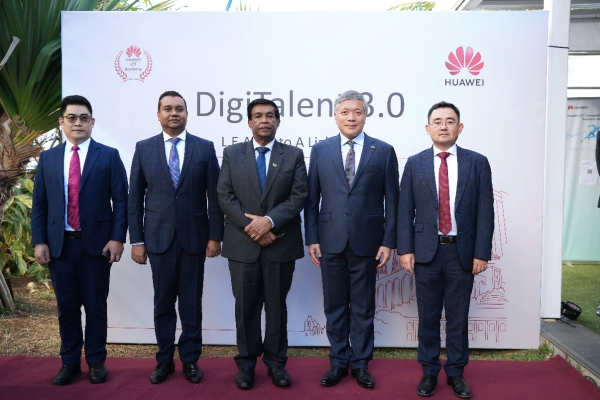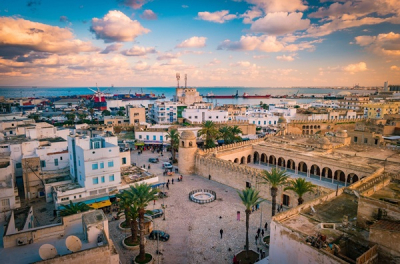The digital sector offers numerous job opportunities for young people. By acquiring the right skills, they can take advantage of these opportunities and integrate more easily into the job market.
Chinese technology giant Huawei announced plans to train an additional 4,000 individuals in Information and Communication Technologies (ICT) in Mauritius by 2028. The commitment was unveiled on July 10th at the launch ceremony of DigiTalent 3.0, a program designed to address the nation's growing need for a skilled digital workforce.
"Mauritius has always been a pioneer in regional innovation. Our strategic investments in ICT infrastructure, combined with our commitment to fostering a knowledge-based economy, have laid a solid foundation for our digital future. Continuous training and skill enhancement are essential. Huawei's talent ecosystem is a brilliant example of how we can work together to build a thriving ICT talent pool in our country," said Deepak Balgobin, the Mauritian Minister of Information Technology, Communication, and Innovation.
This initiative aligns with Huawei's global strategy of cultivating digital talent in various countries. The approach emphasizes building ecosystems for educators and students, offering digital skills training to industry partners, and collaborating with governments on digital transformation initiatives.
In Mauritius, Huawei's contributions have resulted in the training of over 35 instructors and the development of courses in Artificial Intelligence, 5G, Datacom, and Cloud Computing. Over 350 students and professionals have earned Huawei's HCIA certification in recent years. The company has also established partnerships with seven local universities.
These combined efforts are expected to propel Mauritius towards achieving the objectives outlined in its "Digital Mauritius 2030" strategy. This national plan entails significant investments in infrastructure, digital skills training, and the transition to digital administration, all aimed at propelling the nation's digital sector. According to official figures, this sector thrived in 2022, experiencing a 6.5% growth rate and remaining the only sector unaffected by the global health crisis.
Samira Njoya



















